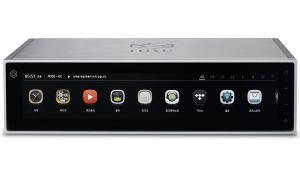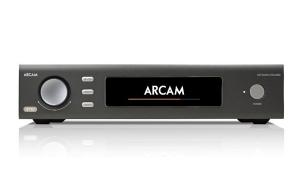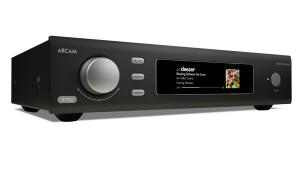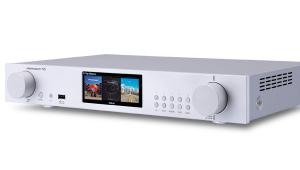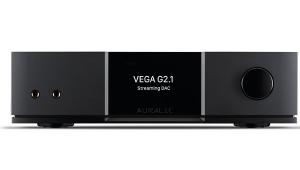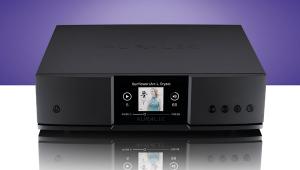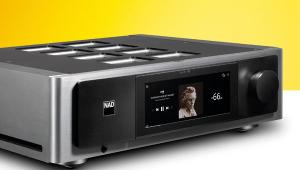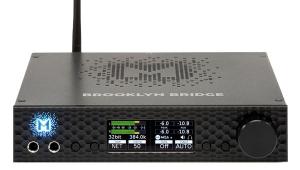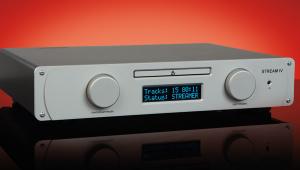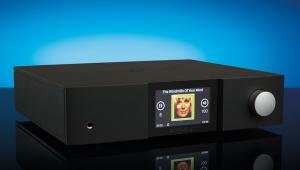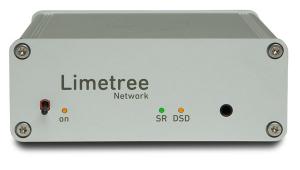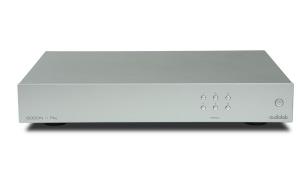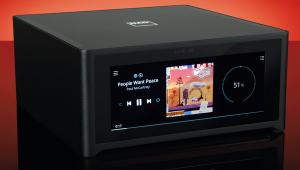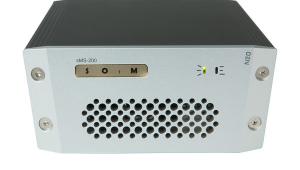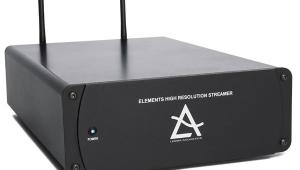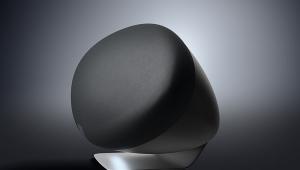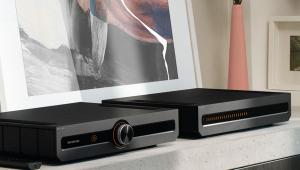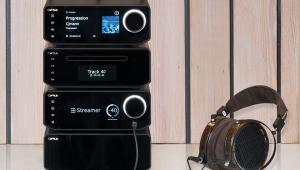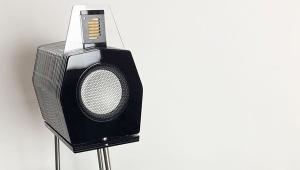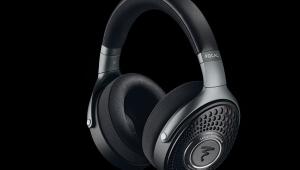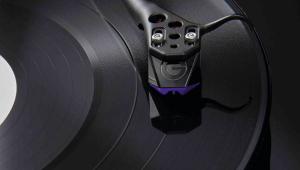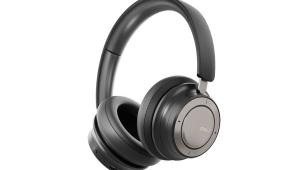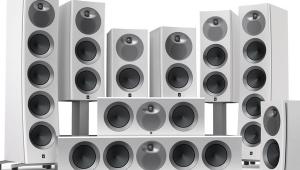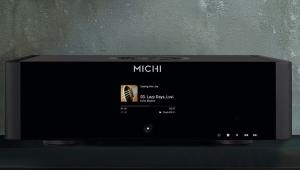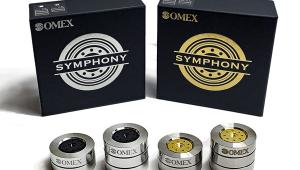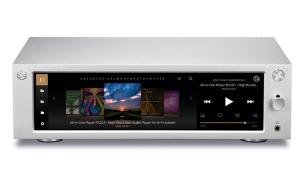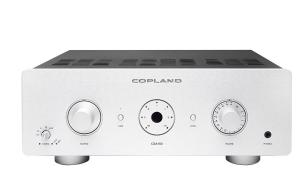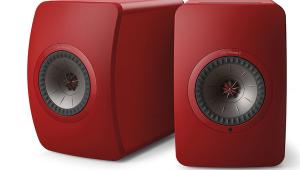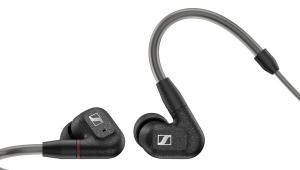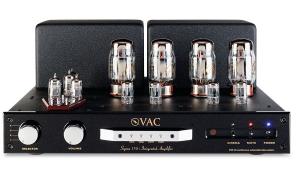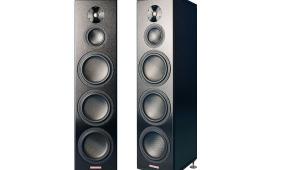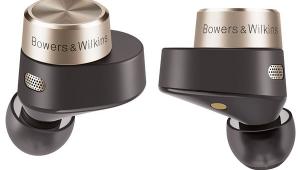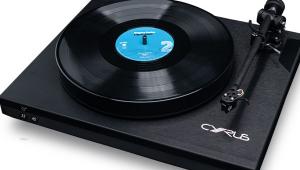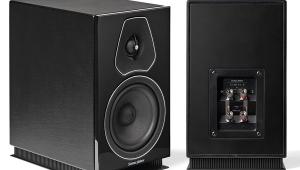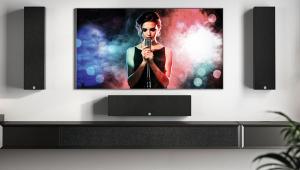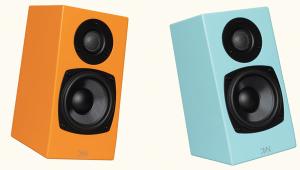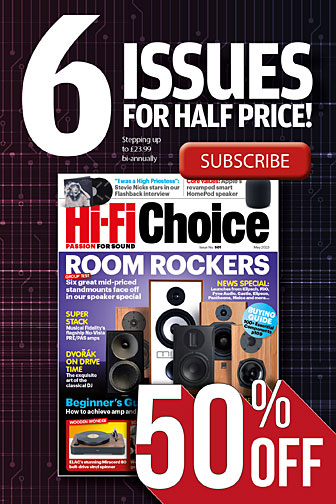Roon Nucleus+
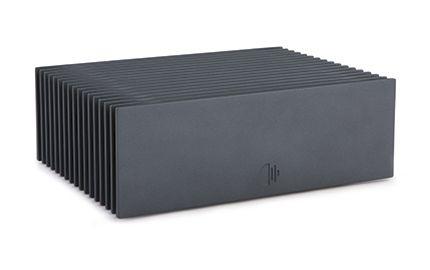
 In the world of networked audio, a seamless user experience to back up the solid performance is key to any success. In parallel to the development of networked streaming audio products, we’ve seen the development of servers and control software too. One of the best known and most effective has been Roon (see Insider, HFC 435), which with its highly regarded bespoke software suite allows even very large libraries to be managed in a logical and self-explanatory fashion.
In the world of networked audio, a seamless user experience to back up the solid performance is key to any success. In parallel to the development of networked streaming audio products, we’ve seen the development of servers and control software too. One of the best known and most effective has been Roon (see Insider, HFC 435), which with its highly regarded bespoke software suite allows even very large libraries to be managed in a logical and self-explanatory fashion.
Nucleus is a dedicated piece of hardware that creates an optimised Roon experience. Two models are available; the basic Nucleus is £1,500 while the Nucleus+ here is £2,500 with the differences between the two being down to their processing. The Nucleus+ is given a much more powerful Intel i7 processor and is designed to form the hub of a multi-room system. The basic model is entirely sufficient to run Roon for a single-room system and both models offer extensive DSP functionality for system optimisation.
As well as this substantial processor, the Nucleus contains an SSD drive that contains the operating system. It is technically possible to put content on this drive as well, but this isn’t really how Roon sees you using the Nucleus+. Instead, it can be fitted with an additional 2.5in SATA drive internally – which can be either SSD or HDD depending on your capacity requirements and whether you feel one type sounds better than the other. Alternatively, you can connect an external drive via USB or ‘point’ it in the direction of a NAS drive on the same network. Adding content is simple enough over a network; the Nucleus+ becomes visible and it is then just a simple process of copying material across.
Roon has taken the logical decision to omit any form of onboard decoding or audio hardware. Instead, if you add it to your home setup, it will be visible to any Roon-compatible product also on the same network. There is also an HDMI connection for use with products such as AV receivers. For most hi-fi setups you’ll want to connect it via one of the USB-A ports on the rear to make connection to a USB DAC, and there are a considerable number of DAC profiles stored in the settings menu to optimise how the Nucleus outputs DSD files and whether volume level control is handled by the DAC. It’s undeniably impressive, but it takes some time going though the menus to get our review sample to output to the Chord Electronics Hugo 2 DAC (HFC 425), although once established it remains unconditionally stable.
Physically, the Nucleus doesn’t give much away to the sophisticated software contained inside. The metal casework is well finished and manages to impart this fairly small product with a sense of solidity. The ridges and fins are not merely decorative and serve to cool the innards of the product, meaning it can do without any form of fan cooling so that the Nucleus+ runs completely silently once up and running. The start-up time is impressively quick and the review unit is ready to go in around 20 seconds from activating the rear-mounted power button.
Of course, as with the majority of products of this nature, the point of interaction is not with the unit itself but via the app, and here the Nucleus+ is very strong indeed with a seamless and logical experience that leaves many other apps behind. Powered by high-specification components, it moves swiftly and feels slick and intuitive, using metadata to make your music library a far more interesting experience than just an alphabetical list of titles (although, if that’s all you want, it is happy to provide just that). It brings new album releases to your attention and spots themes in your listening habits and suggests other titles you may like. It can use Tidal’s streaming service to fill in gaps in your library, for a more complete listening experience.
Sound quality
This all means that the Nucleus+ is a product I want to interact with and it balances this with a performance that encourages me to keep listening. In keeping with our Group Test of servers last month (HFC 438), the USB output of the Nucleus+ is noise free. This ensures that the feed being sent to the Hugo 2 DAC feels effortless as absolutely every last detail is picked out in the mix of test music. A 24/96 download of Fleetwood Mac’s The Chain is vivid and tonally lifelike from the very first kick of the drum and string plucked. Critically, there is no attempt to put any sense of its own character into the performance. Instead, it simply delivers the best signal possible for the DAC to get the job done.
This is aided by a real sense of togetherness and timing to the performance. Timing is, of course, a subjective area but listening to the potent rework of Home Computer on Kraftwerk’s The Mix album via the optimised Nucleus+ and then using Roon software on my Lenovo T560 laptop, again into the Hugo 2 DAC, suggests that it has the greater sense of get up and go. Interestingly, sending the same material to a Sonos PLAY:5 wireless speaker (HFC 412) on the same network relays a similar sense of urgency, suggesting that something is going on at a processing level rather than a mechanical one.
The convenience angle isn’t to be sniffed at either. The integration of stored music and Tidal is brilliant and there is so little discernible difference between stored 44.1kHz material and Tidal streams from the internet that most will be happy to let the Nucleus+ secure content from wherever it needs to. The rendition of Twin Shadow’s fabulous Saturdays has that same rhythmic energy and confidence that really pulls you into the music.
Conclusion
The only real sting in the tail for the Nucleus+ is the cost involved. For a device that has limited storage supplied at the asking price, it faces no shortage of competition from rivals (see How It Compares) and the costs of Roon itself and the additional Tidal subscription required to make the magic really happen all add up. Ultimately, what the Nucleus+ offers is peerless handling of large music libraries, coupled with a top-notch browsing experience that means you will almost certainly feel compelled to make considerable use of it. This is far from a low-cost product, but it unquestionably offers a premium experience. ES
DETAILS
Product: Roon Nucleus+
Price: £2,500
Origin: US/China
Type: Music server
Weight: 2.5kg
Dimensions: (WxHxD) 212 x 74 x 156mm
Features
● Drive bay for SSD or HDD storage
● Supports sample rates up to 32-bit/384kHz and DSD256
● Multi-room support
Distributor: Henley Audio
Telephone: 01235 511166
Website: henleyaudio.co.uk
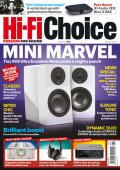 |
Inside this month's issue:
WiiM Ultra, System Audio Signature 5, Monitor Audio Studio 89, Volumio Rivo, SVS Ultra Evolution Nano, iFi Audio ZEN Blue 3 and much, much more
|

